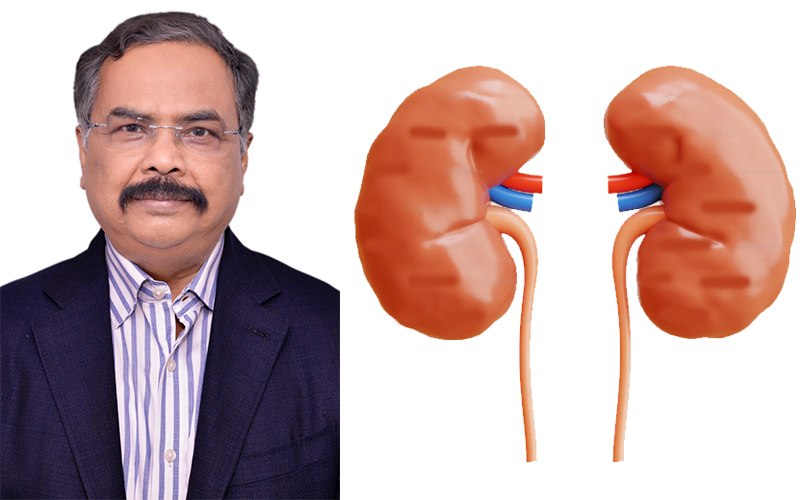 Kidney Donation
Kidney Donation
The Impact of Kidney Donation: Transforming Lives Across India
In moments of quiet reflection, we often think about the powerful impact of a single act of kindness. Consider the life-changing difference that a kidney donation can make. West Bengal saw nine organ donations this year. The kidneys of one canteen errand boy who died in an accident were transplanted into two patients, giving them a new lease of life.
Every day, many people face the tough reality of kidney failure, with over 210,000 new cases diagnosed each year, which affects their health and future. However, there is hope in this difficult situation: kidney donation. This generous act doesn't just save lives, it also spreads a wave of positive change and inspiration that goes far beyond the hospital. Organ donations play a crucial role in addressing kidney failure.
The primary causes of chronic kidney disease (CKD) are high blood pressure and diabetes, which together account for the majority of the CKD cases. As CKD advances, it progressively damages the kidneys and impairs their ability to effectively filter waste from the blood.
For individuals with end-stage kidney disease (ESKD), the only treatment options are dialysis or a kidney transplant. While dialysis can be a lifesaving measure, it is a challenging process that significantly affects a person's quality of life. In contrast, a kidney transplant can be life-changing, offering a more effective solution and dramatically improving the lives of those suffering from kidney failure.
Kidney transplantation is widely considered the best treatment for ESKD, offering patients a better quality of life and improved survival rates compared to dialysis. Unfortunately, the demand for donor kidneys in India far exceeds the available supply, with less than 5% of patients with kidney failure receiving a lifesaving transplant.
Multiple factors cause this significant disparity. Limited awareness, cultural taboos, and misconceptions about the donation process exacerbate the shortage of organ donations. Moreover, the high costs of transplant surgeries make them unaffordable for many economically disadvantaged patients.
To tackle these issues, the Indian government has implemented several measures. In 2011, the Transplantation of Human Organs Act (THOA) was revised to encourage deceased organ donation and create a regulatory framework for transplantation activities. The National Organ Transplant Programme was also introduced to enhance access to life-changing transplants for all citizens. Various hospitals have been approved for transplant purposes, and there are 11 Approved Hospitals for Kidney Transplantation in West Bengal.
Various non-governmental organisations (NGOs) have further leveraged innovative solutions, such as crowdfunding, to make transplants more affordable for underprivileged patients. These organisations assist individuals and children in obtaining organ transplants through multiple initiatives.
Every deceased individual has the potential to save up to eight lives by donating essential organs, kidneys, liver, pancreas, lungs, and heart. While deceased donation is crucial, living donation, particularly of kidneys, can also save lives. Under the THOA, close relatives can donate a kidney to a loved one, including parents, siblings, spouses, grandparents, and grandchildren.
Also, the Swasthya Sathi Health Card scheme extends coverage for all transplants, supporting pre-transplant workup costs and in-patient treatment expenses. It can be used in both public and private hospitals.
By overcoming the barriers to organ donation, we can transform the lives of countless individuals suffering from kidney failure. Increased awareness, affordable access to transplants, and a robust regulatory framework are all essential to ensuring that every patient in need receives the gift of life.
Kidney donation is a profound act of generosity that offers a second chance at life to individuals suffering from severe kidney disease. Together, we can save and enhance lives, transforming the healthcare landscape in India and significantly impacting those in need.
Disclaimer: This information is provided by a qualified healthcare professional. However, it is essential to consult with family members and respective healthcare professionals before making any decisions regarding organ donation or transplantation.
Support Our Journalism
We cannot do without you.. your contribution supports unbiased journalism
IBNS is not driven by any ism- not wokeism, not racism, not skewed secularism, not hyper right-wing or left liberal ideals, nor by any hardline religious beliefs or hyper nationalism. We want to serve you good old objective news, as they are. We do not judge or preach. We let people decide for themselves. We only try to present factual and well-sourced news.







